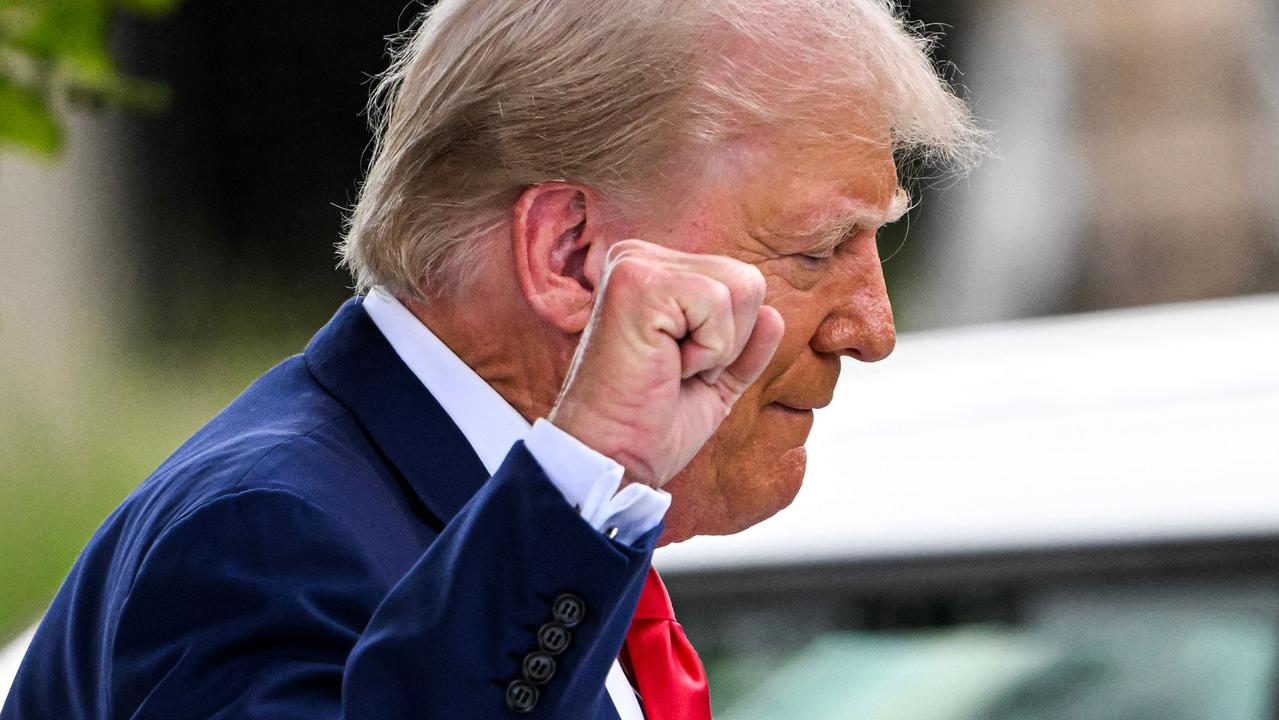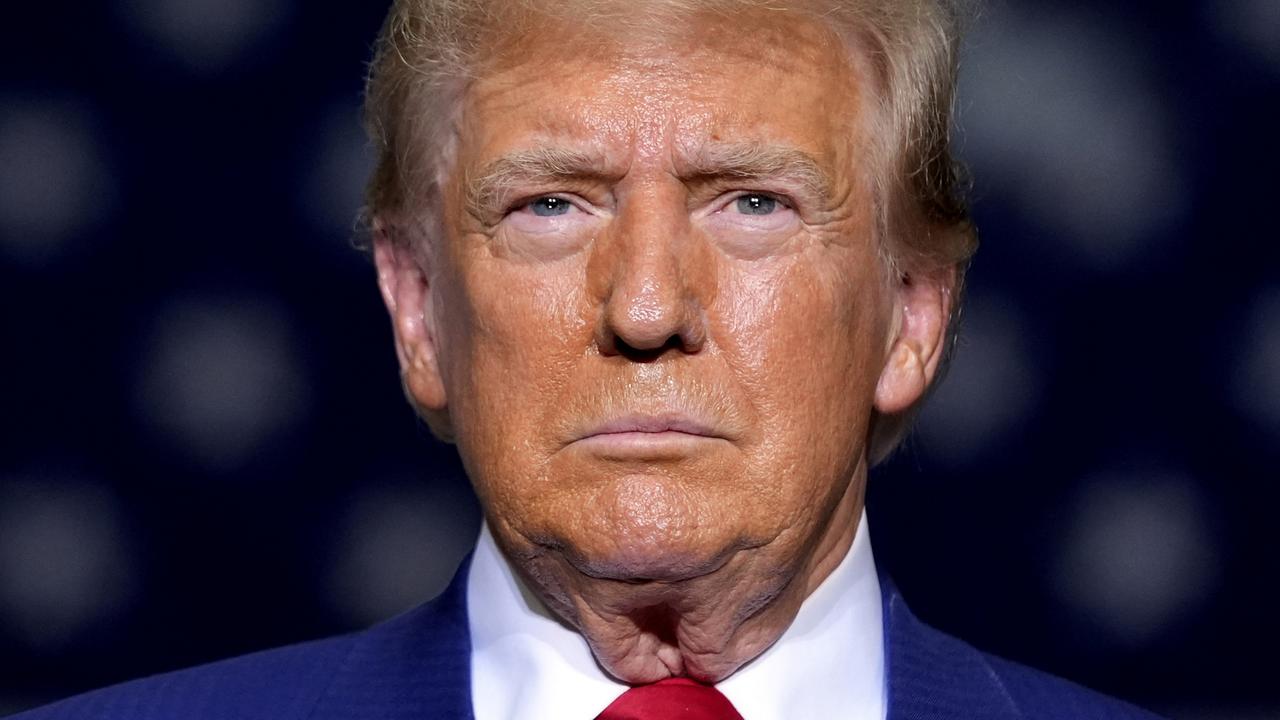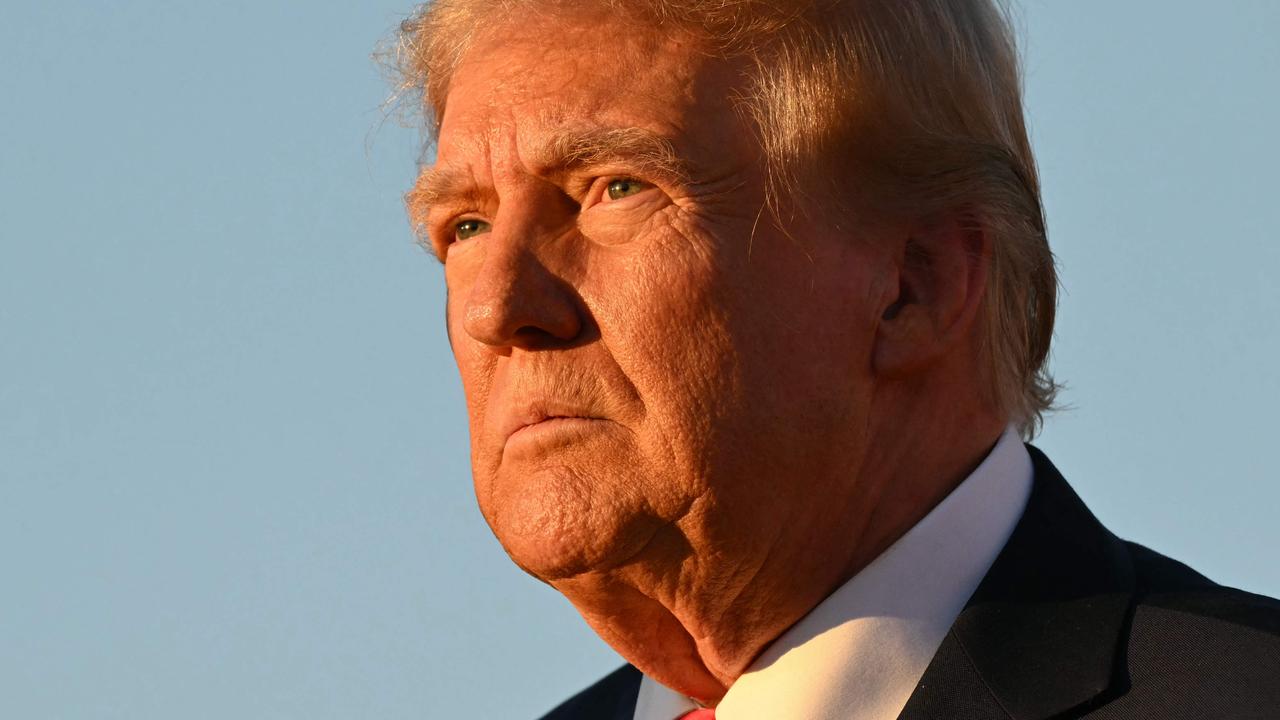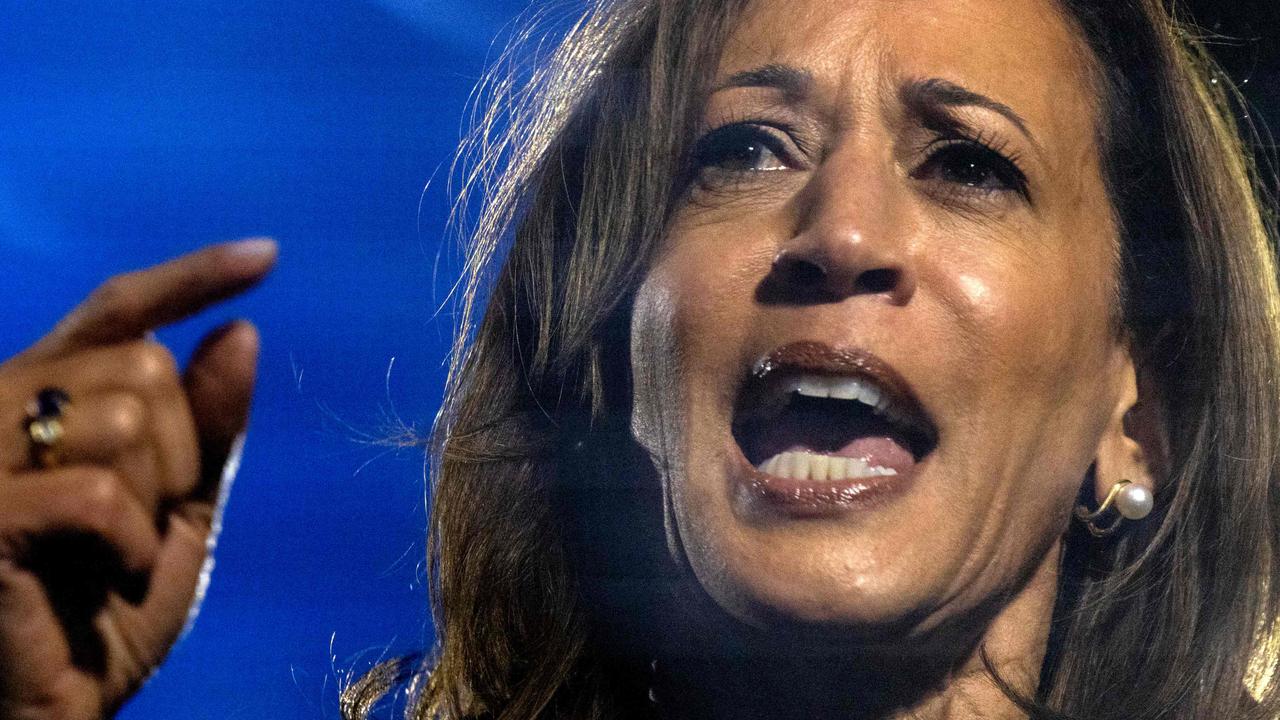
This article is more than
1 year oldDonald Trump just pulled off one of the greatest political feats in history. More important, though, is exactly how he did it.
ANALYSIS
Before anything else, let’s acknowledge something: Donald Trump has pulled off an astonishing political feat.
Remember where Mr Trump was on January 20, 2021, the day he left office. He was the first president in almost 30 years to have lost his attempt at re-election. He’d spent months denying the results and seeking to overturn them, culminating in the Capitol riot.
Large majorities of voters told pollsters they thought he should be barred from running for president again. Leading figures from his own party explicitly blamed him for the violence, and seven Republican senators voted to convict him in his impeachment trial.He went on to face multiple criminal indictments, one of which ended with a jury of his peers making him a convicted felon.
From that position, against those headwinds, he has not only maintained his grip on the Republican Party – an extraordinary achievement in itself, given his baggage – but convinced voters who once happily voted him out of office, and witnessed his attempts to defy their verdict, to make him president again.
The hokiest TV scriptwriter could not concoct a more impressive political comeback.

It’s not just what Mr Trump did though, but how he did it.
He increased his vote share among Hispanic Americans. He appears to have done better with African-American voters than any Republican candidate in decades.
It’s a vindication of the rule that nothing matters more, in any election, than the economy. Voters blamed the Biden administration for inflation, and the high cost of living it imposed on them. Whatever concerns they nursed about Mr Trump, and however much they disliked him, those factors were not enough to offset the economic pain.
Mr Trump, and vast swathes of Western conservatism, will further interpret this result as a vindication of him personally. A politics of grievance, not service, and of aggression, not compromise.
It’s a priceless burst of adrenaline for the already worrying surge in extreme right-wing populism across much of Europe, and it will inspire Mr Trump’s admirers in Australia, who currently reside firmly on the fringe, to consider their views mainstream.

A second consecutive defeat for Mr Trump might have finally jolted conservatism out of its infatuation with the man, purely for its own self-interest. It would have capped off a decade of electoral failure for the Trump experiment, notwithstanding his fluky win over Hillary Clinton, a contest in which he won three million fewer votes.
There is no prospect of that happening now. His sway over influential elements of the global right is secured for as long as he governs, and probably long afterwards.
On a more granular level, we have to hope that Mr Trump decides not to follow through on much of his bluster from the campaign trail.
That he doesn’t cut Ukraine adrift in its defence against Russia’s invasion, or kneecap NATO’s ability to restrain Vladimir Putin. That he does not impose his proposed tariffs on all goods imported to the United States, which would wreak ruinous damage on his own economy and up-end trade for other nations too. That he doesn’t put anti-vaxxer lunatic Robert F. Kennedy Jr in charge of pretty much all health policy. That he doesn’t turn the US government into a weapon to be wielded against his political enemies.
That seems doubtful.
Something we’ve heard quite a bit from Mr Trump’s less enthusiastic supporters is that worries about how he will behave, in a second term, are overblown, because he didn’t do any of those things during his first. But when he came to power in 2017, he surrounded himself with wiser, more moderate heads. This time the White House will be run by less experienced true believers.
If the warnings are ultimately proven right, one hopes for, but by no means expects, a little self-reflection from those who dismissed them as hyperbolic.

What of the other side?
Politically, the Democrats’ most urgent task is to determine how they slipped up so catastrophically with black and Hispanic voters. Winning back the trust of these voters, and their support, is an absolute necessity if the party wants to remain competitive.
There will be questions about the decision to force President Joe Biden out of the race, though it is difficult to argue he would have done any better.
Speaking of whom, oof, what a few months he’s in for. Mr Biden is not going to enjoy the process of handing over power to the nemesis he thought he’d already vanquished. The Biden victory in 2020 now seems almost meaningless, and his legacy as a president is diminished.
Mr Trump got his revenge on Barack Obama when he won the first time. Now the same has happened with Mr Biden. Few things could be more satisfying, particularly for a man driven so relentlessly by personal animus.
Finally: women.
This is obviously a devastating blow to the chances of a woman becoming the American president at any point in the near future, far more so than Hillary Clinton’s defeat in 2016, because Kamala Harris did not have the same weaknesses as a candidate.
Yes, she was often awkward and garbled during interviews, and she did too few of them, clearly preferring to avoid tough questions when possible. But she didn’t have Ms Clinton’s decades of baggage, or her sense of entitlement, or her tin ear.
So, the Democrats have now tried two female presidential nominees, and both lost. There’s inevitably going to be some reluctance, some trepidation, at the prospect of choosing another. The next election cycle will be a wonderful time to be a white, male Democratic politician.

The Supreme Court’s decision to overturn its ruling in Roe vs Wade, ripping up the protections that had underpinned abortion rights in the United States for decades, was supposed to inspire an irresistible, decisive surge from women at this election.
That wave of female voters didn’t materialise. And among the women who did show up at the polls, it seems Ms Harris has done little better than Mr Biden managed to four years ago.
There are two consequences, here, that will horrify the Democrats.
First, Mr Trump will almost certainly get the chance to replace one or two of the older Supreme Court justices with younger ones of his choosing, locking in a conservative majority for a generation at least. The progressive wing will be trapped in a minority position, effectively powerless, for decades.
Second, with the Republicans poised to take a majority of the Senate, they may gain full control of Congress - which would give them the chance to pass a nationwide abortion ban (this will not be possible if the Democrats take control of the House).
At the moment, the strictest anti-abortion laws are limited to Republican-dominated states. They could now conceivably be extended to the entire country, stripping abortion rights from tens of millions more women.
That is not a certainty. It’s a tough issue, and some congressional Republicans may fear the electoral consequences enough to oppose such a law. No doubt the ban, if imposed, would be swiftly challenged, ending in another contentious Supreme Court case. Mr Trump himself has been reluctant to take a firm stance on the issue; perhaps he would veto it.
But at the very least, Mr Trump’s victory means the bans already in place are going nowhere for the foreseeable future. Women who hoped to see the protections of Roe vs Wade restored instead face a dead end.

Four more years of President Donald Trump, then. Four more years of personified chaos leading the most powerful nation on Earth, at a moment when things are already perilously unstable.
This will be a version of Donald Trump unrestrained and full of confidence, free to do as he wishes like never before.
American voters, after pondering one of the most consequential, high-stakes gambles in their nation’s history, have gone all in. And the world holds its breath.
Twitter: @SamClench